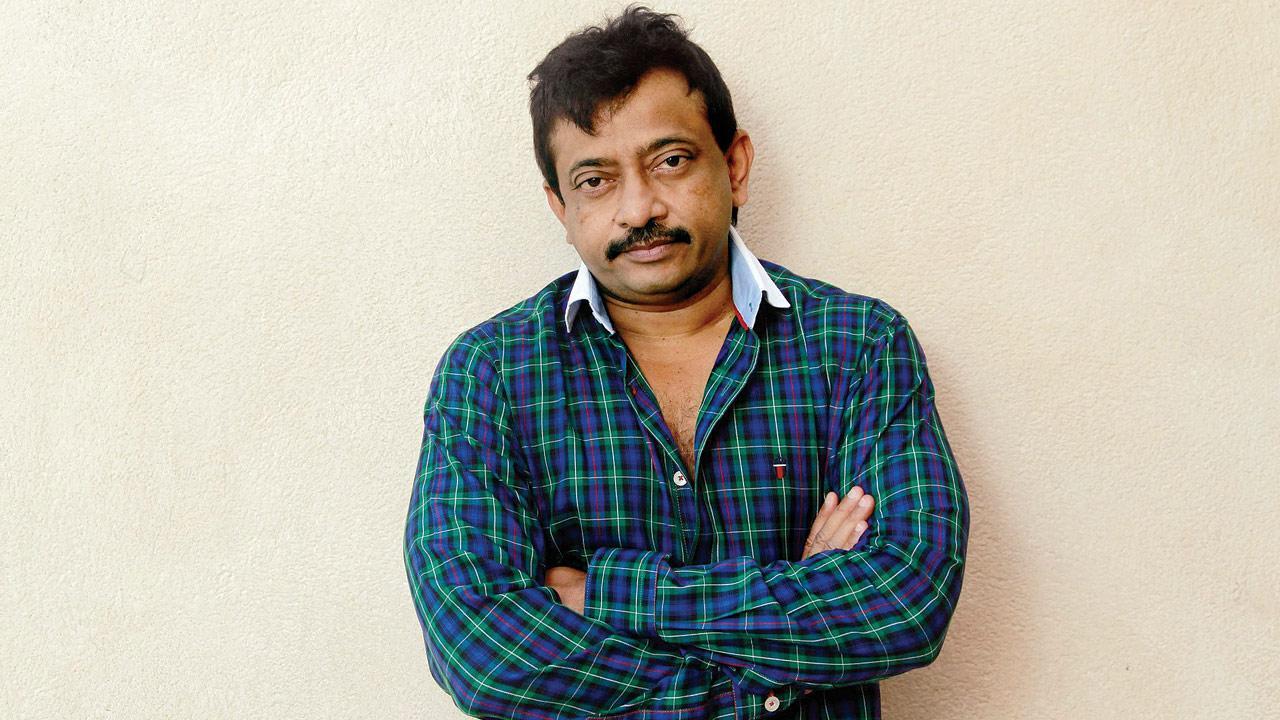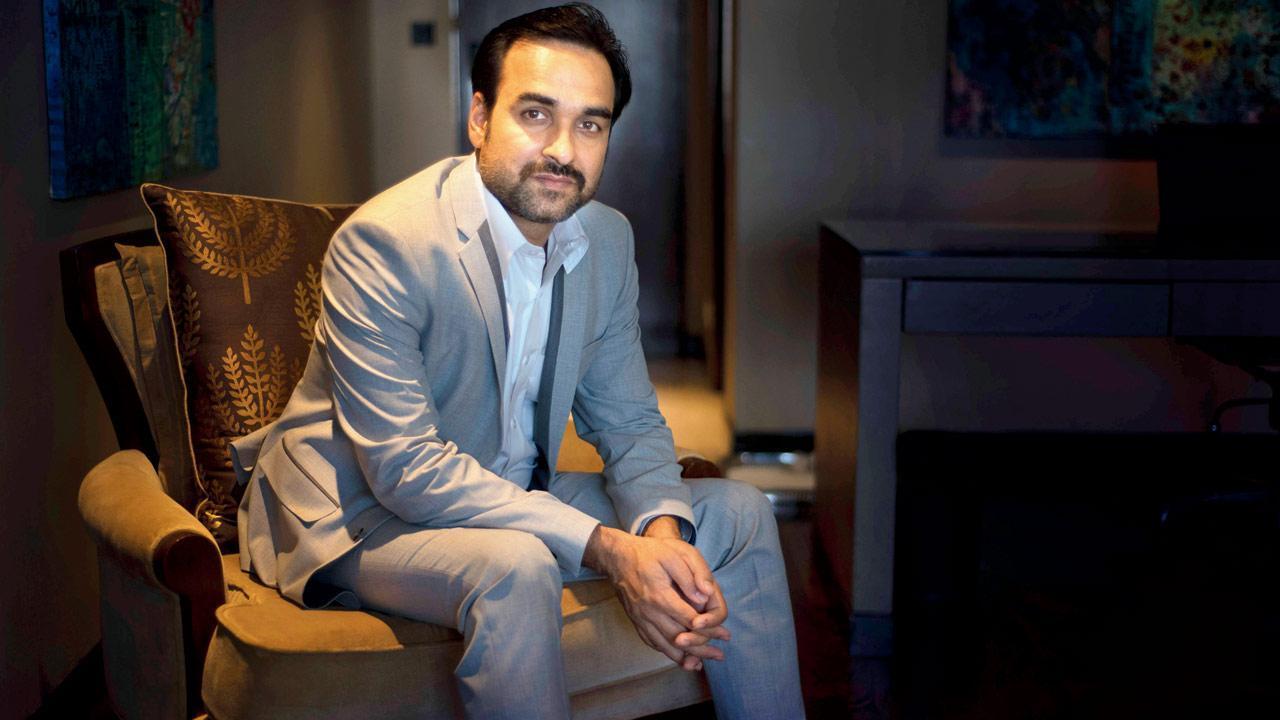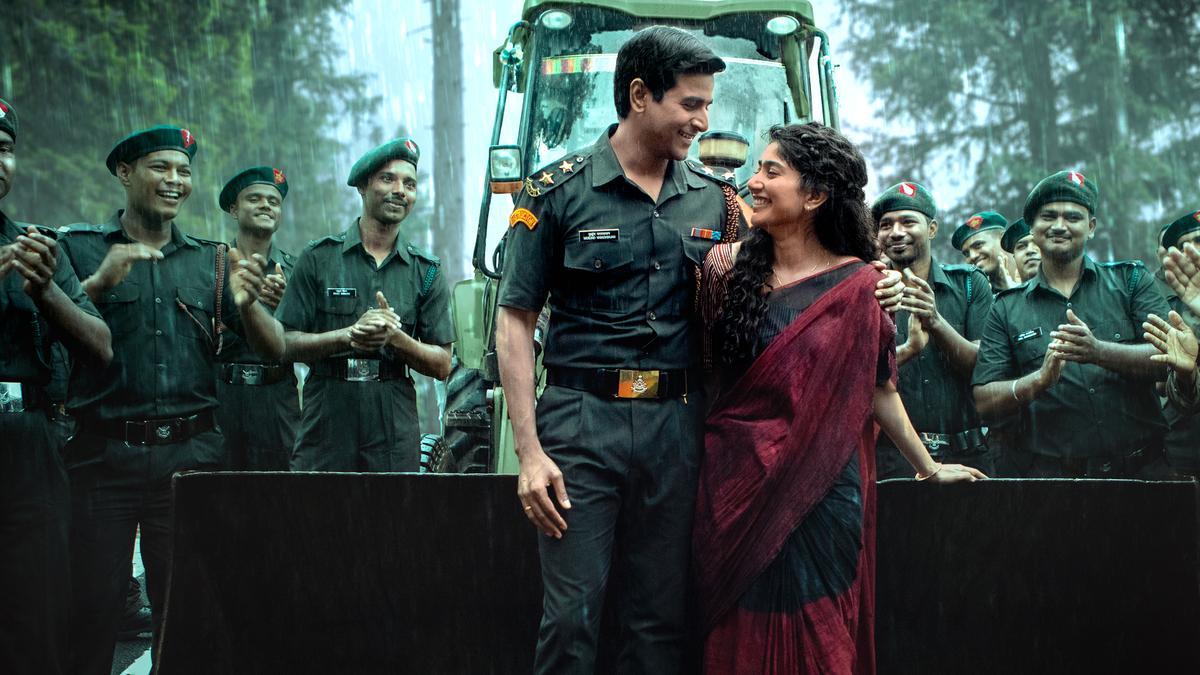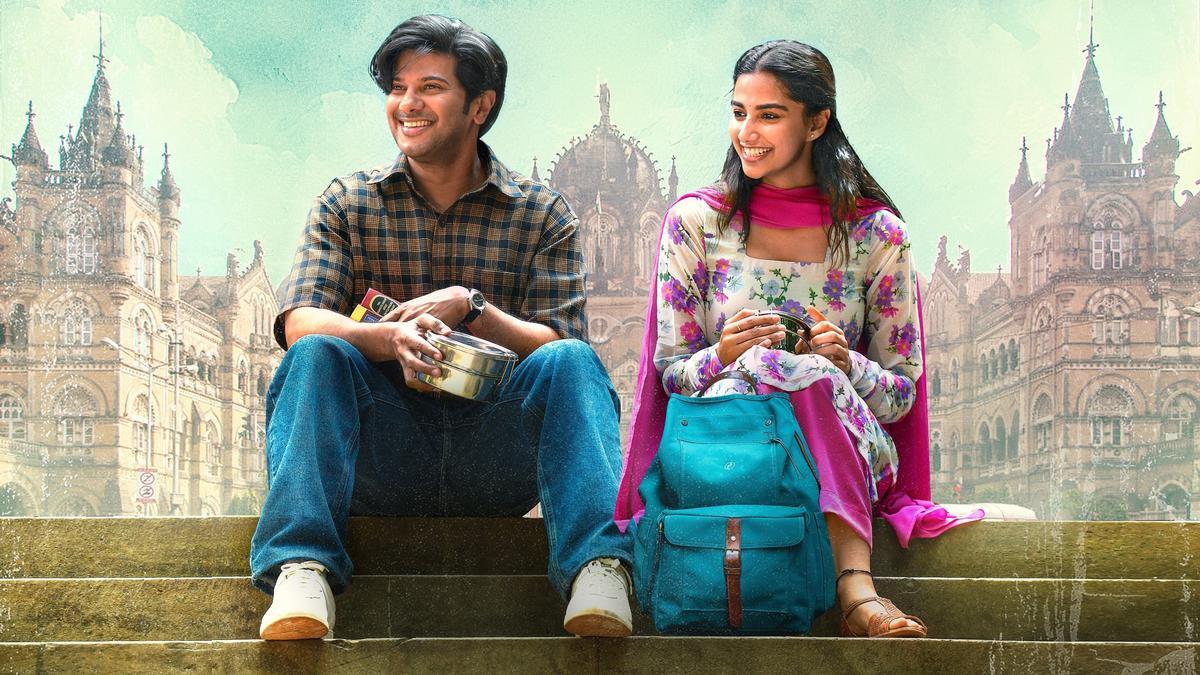
A recent exchange between two of Bollywood’s veteran actresses, Zeenat Aman and Mumtaz, has sparked conversations across social circles and media outlets. What seemed to be just another celebrity giving lifestyle advice transformed into a debate on moral values and personal life experiences.
It began when Zeenat Aman put forth her opinion on living together before marriage in response to a query from one of her followers. Zeenat, once a trailblazer in Indian cinema, recommended couples cohabit to test their relationship prior to the formal commitment of marriage. She shared this personal viewpoint on social media, stating, “Here’s a personal opinion I haven’t previously shared – if you’re in a relationship, I strongly recommend that you LIVE TOGETHER before getting married.” Further expounding on her stance, she posed a series of questions challenging the idealistic portrayal of relationships and highlighted the practical issues couples may face if they forgo the experience of living together.
Her recommendation was, however, met with criticism from her co-star of yesteryears, Mumtaz, who held a contrasting viewpoint. In an interview, Mumtaz remarked that Zeenat should be cautious with the advice she disseminates, pointing out that it goes against traditional values. Bringing Zeenat’s personal life into the discourse, Mumtaz referenced Zeenat’s tumultuous marriage to Mazhar Khan, implying that her past marital strife undermines her credibility to offer relationship advice.
Reacting to Mumtaz’s comments, Zeenat maintained her composure and dignity in a statement to the Hindustan Times. She said, “Everyone is entitled to their own opinions. I’ve never been one to comment on others’ personal lives or tear down my colleagues, and I’m not going to start now.” By abstaining from direct confrontation, Zeenat reinforced her role as an advocate for individuality and personal choice without partaking in celebrity feuds.
Yet, what underlies this disagreement is a deeper societal tension between progressive ideas and traditional mores. Zeenat’s willingness to share her unorthodox view mirrors a changing India, grappling with westernized notions of premarital relationships. Her advice, while attentive to the evolving dynamics of relationships, collides with the conservative ethos prevalent in certain segments of Indian society.
In her social media post, Zeenat Aman shared that her sons have both experienced live-in relationships. By acknowledging this, she attempts to normalize a practice that is still considered taboo by many within Indian society. She rationalizes her approach as logical, pressing the need for couples to undergo the “ultimate test” before inviting families and governmental structures into their bond. In doing so, she attempts to move the discourse beyond traditional judgements and spark a fresh dialogue on the authentically complex nature of sharing lives.
The clashing perspectives of Zeenat Aman and Mumtaz reflect more than just individual opinions. They epitomize the clash of generational attitudes and the shifting landscape of personal freedoms in India. The conversation is a microcosm highlighting the divergence between a rapidly modernizing urban India and a more conventional, value-conservative populace.
Both actresses, icons in their own right, remind us of the rich tapestry that makes up India’s cultural and ideological spectrum. Zeenat’s statements and Mumtaz’s retort showcase the mutual coexistence of differing schools of thought, and the space Bollywood celebs occupy not only in entertainment but as pivotal voices in societal matters.
This exchange allows for a critical examination of the nuances surrounding the institution of marriage, personal autonomy, and the weight of public persona in sculpting societal norms. As these two stalwarts exchange viewpoints, publicly and privately, the spotlight shines on a dialogue that perhaps needs to happen more openly in living rooms and social platforms across the nation – and indeed the world.










